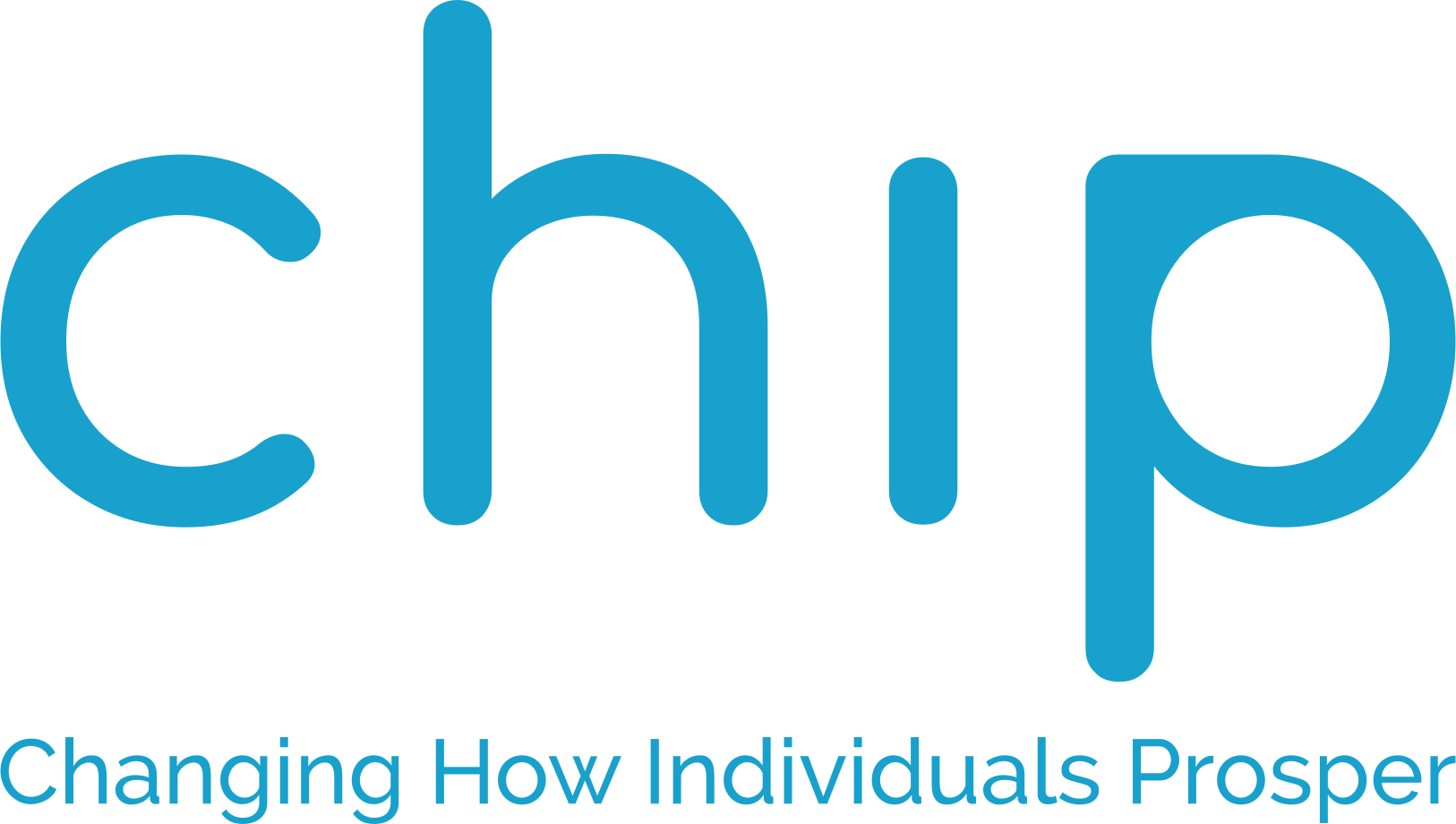When life throws you a curveball—like a sudden job loss, an unexpected medical bill, or an economic downturn—it can feel like the financial ground beneath you is crumbling. For many, these surprises lead to overwhelming financial stress, sleepless nights, and feelings of uncertainty.
But here’s the good news: with the right planning, you can prepare for the unexpected and protect yourself financially, all while reducing stress. This blog lays out a step-by-step guide to help you build a resilient financial plan that gives you both peace of mind and control, no matter what life throws your way.
Why Financial Stress Takes a Toll
Unexpected events can take a significant emotional and financial toll. Studies show that 72% of Americans say they feel stressed about money at least some of the time, and life’s surprises often magnify that anxiety. Financial stress can cloud decision-making, impact relationships, and lead to unhealthy coping mechanisms, further exacerbating the problem.
The solution? Taking action before crises hit. By building a strong financial foundation today, you can reduce the impact of life’s uncertainties tomorrow.
Building a Resilient Financial Foundation
1. Emergency Fund Essentials
An emergency fund is the backbone of a financial safety net. It gives you the cushion you need to weather unexpected costs without going into debt or derailing your long-term goals.
Why you need one: Emergencies rarely come with a warning. Your emergency fund provides immediate access to cash, helping you cover unplanned expenses like car repairs, medical bills, or temporary income loss.
How much to save: Aim for 3-6 months’ worth of essential living expenses. For instance, if you need $3,000 a month to cover rent, groceries, and utility bills, your target should be $9,000-$18,000.
Where to keep it: Choose a high-yield savings account for easy access and steady growth potential. Online banks often provide higher interest rates than traditional banks, giving your fund a little extra boost.
2. Budgeting for Financial Flexibility
Having a flexible budget ensures you’re prepared to shift spending as life happens.
Start with the 50/30/20 rule: Allocate 50% of your income for essentials, 30% for discretionary spending, and 20% for savings or debt repayment.
Adapt for unexpected events: Adjust allocations when surprises arise—cut back on dining out or subscriptions temporarily to redirect funds where needed.
Leverage budgeting tools: Apps like Mint, YNAB (You Need A Budget), and PocketGuard make tracking expenses and staying on budget a breeze.
3. Managing Debt Before a Crisis Hits
Debt can magnify financial stress during uncertain times. Take proactive steps to manage it now.
Prioritize high-interest debt: Focus on paying down credit cards or payday loans first—these carry the highest costs over time.
Consider refinancing or balance transfers: Lower your interest rate by consolidating debt or transferring balances to a 0% APR credit card.
Set small, consistent goals: Even allocating an extra $50 a month toward debt can make a big difference in reducing what you owe.
Protect Yourself with Insurance and Legal Planning
Insurance and legal preparation are often overlooked, but they’re essential components of financial resilience.
1. Essential Insurance Policies
- Health Insurance: Even a short hospital stay can cost thousands without health coverage. Verify your policy covers emergencies comprehensively.
- Life and Disability Insurance: Protect your family’s financial stability if you’re unable to work.
- Home/Renter’s Insurance: Ensure you’re covered for theft, damage, and natural disasters.
2. Key Legal and Financial Documents
- Will and Estate Plan: Clearly define how you want your assets distributed.
- Power of Attorney and Healthcare Directives: Ensure trusted individuals can make financial and medical decisions on your behalf if necessary.
Creating a Crisis-Ready Financial Strategy
1. Diversify Income Streams
One of the best safeguards against uncertainty is having multiple income streams.
Start small: Launch a side hustle or explore passive income options such as dividend investments or rental income.
Freelancing platforms to explore: Consider signing up for sites like Upwork, Fiverr, or Etsy to monetize your skills.
2. Know Your Benefits
Government programs: Understand what unemployment benefits, social assistance, or healthcare subsidies you may qualify for.
Employer perks: Some companies provide benefits like 401(k) hardship withdrawals, paid time off during crises, or mental health support services.
3. Cut Costs Without Sacrificing Necessities
When times are tight, consider smart ways to lower expenses without impacting essentials.
- Cancel or pause unused subscriptions like gym memberships or streaming services.
- Negotiate lower rates on bills, including utilities, cell phone plans, or even insurance premiums.
- Switch to generic brand products for groceries and household goods.
Proactive Steps for Financial Peace of Mind
Crisis planning isn’t just about preparation—it’s also about maintenance. Keep your financial health in check by adopting proactive habits.
- Schedule regular check-ins: Audit your finances quarterly or annually to review your progress and adjust as necessary.
- Automate everything: Automate bill payments and savings contributions to eliminate manual tasks and avoid missed deadlines.
- Work with a professional: Financial planners or money coaches can help simplify complex decisions, manage assets, and refine your goals.
Final Thoughts—You Can Build a Financial Safety Net
Unexpected events may be inevitable, but financial stress doesn’t have to be. By building a resilient foundation, diversifying income, and staying proactive, you can prepare for life’s uncertainties while maintaining peace of mind.
At Cultural Coins, we’re dedicated to empowering individuals like you to take charge of their finances. Join our Cultural Coins Content Library to access free tools, resources, and expert advice that’ll help you feel ready for whatever life brings. With the right steps, you’ll not only plan for the unexpected but thrive financially.
[Join Our Content Library Today!]
Meta Data
Meta title
Stress-Free Financial Planning for Unexpected Events
Meta description
Learn practical steps to plan for the unexpected. Build an emergency fund, manage debt, and protect your finances from life’s surprises with our guide.
